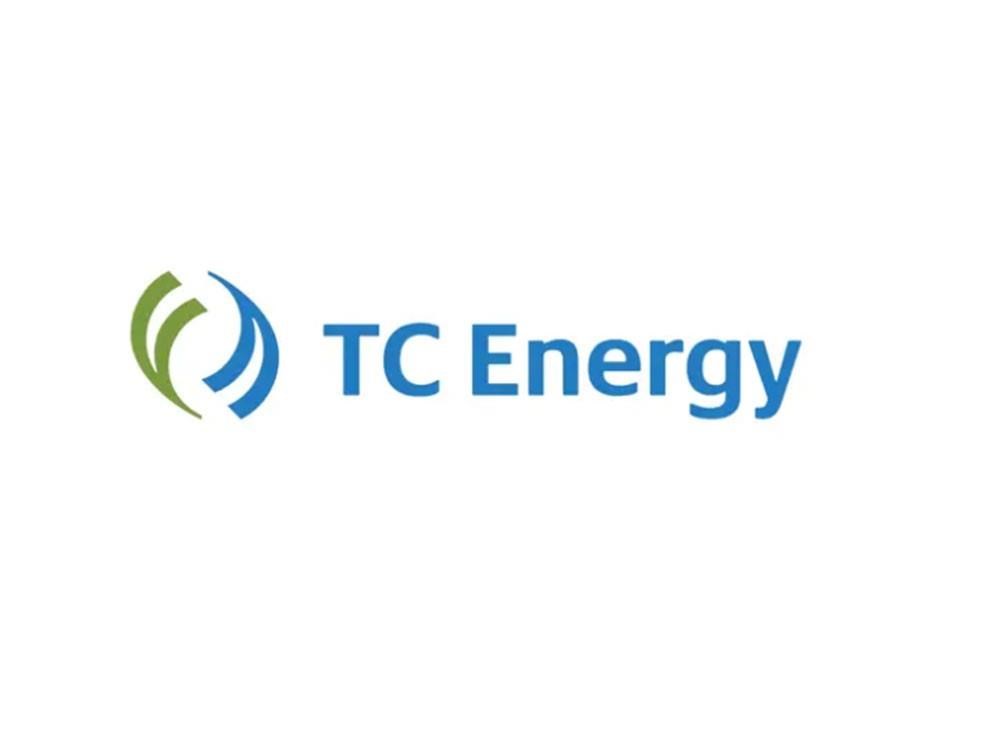The head of Canadian pipeline giant TC Energy Corp. says the company sees a future opportunity to get involved in providing small-scale nuclear power for Alberta’s oilsands.

Chief executive Francois Poirier told analysts on a conference call Friday that TC Energy believes the oilsands are “an excellent use case” for small modular nuclear reactors, or SMRs.
He pointed out the company already has a 48.4 per cent ownership stake in Ontario-based nuclear generating company Bruce Power, which would make TC Energy’s entry into the SMR space a logical step.
“We’ve got the technical expertise to develop and evaluate those technologies, but I think equally importantly we’ve got the commercial relationships with the oilsands producers. We have all the surrounding and supporting infrastructure on site to provide their steam and power needs,” Poirier said Friday.
TC Energy has repeatedly stated that it believes “all forms of energy” will be needed in the coming decades to address growing global energy demand and concerns about energy security.
The company is also working to address its greenhouse gas emissions. Earlier this week, it announced plans to evaluate a hydrogen production hub in Crossfield, Alta., and last week it announced a collaboration with GreenGasUSA to develop a network or renewable natural gas (RNG) hubs in the United States.

TC Energy is also actively seeking potential contracts and investment opportunities in wind, solar and energy storage projects to meet the electricity needs of the U.S. portion of the Keystone pipeline system, and to supply renewable energy to the North American industrial and oil and gas sectors.
Poirier suggested Friday that nuclear could be the next step in this process for the company, though it won’t happen this decade.
“The technology needs to be proven up. And in our view, the oilsands producers would need to buy into one common technology so that they have the requisite expertise to operate and maintain a fleet for these purposes. All of this is going to take time,” he said. “So we view this more as an opportunity for the 2030s than for the second half of the 2020s.”
According to the federal government, which has been investing in small modular nuclear research in the belief that it has potential to help Canada reach its climate goals, the technology has the potential to replace conventional coal and fossil fuel power generation and replace the use of fossil fuels in heavy industrial applications.
The Oil Sands Pathways to Net Zero initiative, an alliance of Canada’s largest oilsands companies, has also proposed accelerating the application of small-scale nuclear reactors as part of its plan to reach net-zero carbon emissions from oilsands production by 2050.
Poirier’s comments on nuclear power came the same day TC Energy said it earned $358 million in its first quarter compared with a loss of $1.06 billion in the same quarter last year when it took a charge related to the cancellation of its controversial Keystone XL project.

The company said the profit amounted to 36 cents per share for the quarter ended March 31 compared with a loss of $1.11 per share in the first three months of 2021.
Revenue for the three-month period totalled $3.5 billion, up from $3.38 billion a year earlier.
TC Energy said its comparable earnings for the quarter totalled $1.12 per share, down from a comparable profit of $1.16 per share a year earlier.
Analysts on average had expected a profit of $1.11 per share for the quarter, according to financial markets data firm Refinitiv.
In its outlook, TC Energy said it expects capital expenditures this year to be about $7 billion, up from an earlier forecast for about $6.5 billion, primarily due to higher costs for the NGTL System.
TC Energy’s share price closed down $3.72, or 5.19 per cent, to $67.95 on the Toronto Stock Exchange on Friday.
- ‘Blue Sky City’ unveiled as the new brand for the city of Calgary
- Southeast Calgary residents frustrated after strip mall parking lot potholes damage vehicles
- City buys back land after former Ernest Manning High School site sits empty
- ‘It is the love’: Wally the injured stray dog gets new ‘leash’ on life



Comments